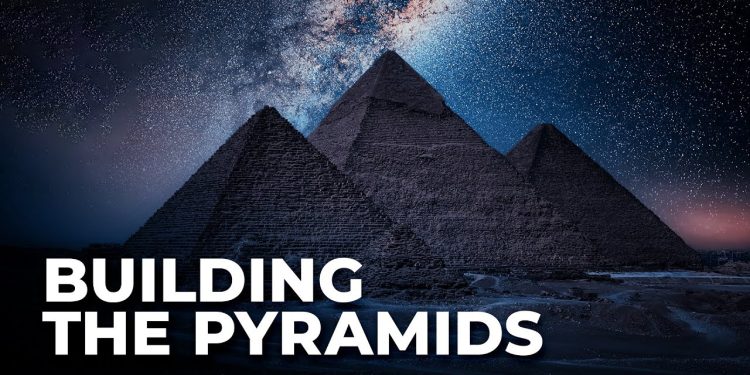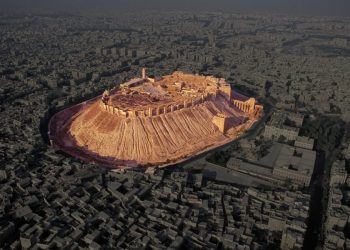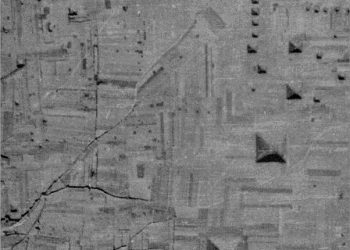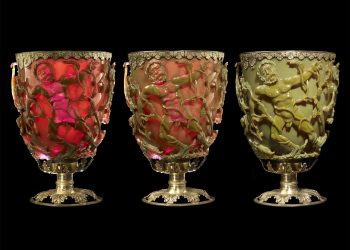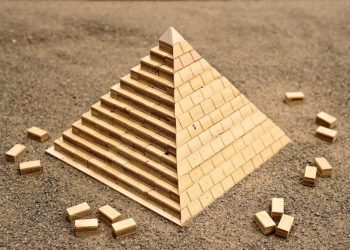Why Did the Ancient Egyptians Build the Pyramids?
The question of why pyramids took their distinctive shape and the purpose they served has sparked heated debates in Egyptology. This article delves into the shape, size, spatial arrangements, internal chambers, and later inscriptions on the monument walls. The explanations offered throughout history can reveal as much about the researchers as the pyramids themselves.
A Common-Sense Explanation: Structural Stability
Okay, so, why Did the Ancient Egyptians Build the Pyramids? One straightforward explanation for the pyramidal shape is its structural soundness, allowing for the construction of a tall monument with efficient use of building resources and long-term stability. This, however, doesn’t account for more imaginative theories, such as alien colonization or a pre-Egyptian civilization.
Biblical Connections: Joseph’s Granaries and More
Since the 5th century AD, various theories have connected the monuments to biblical stories. Julius Honorius suggested they were Joseph’s granaries, while John Taylor believed the Great Pyramid was built by non-Egyptian invaders under divine guidance. Arab writers in the Middle Ages proposed the monuments housed Egyptian wisdom and scientific knowledge during Noah’s flood. All these theories share a common assumption of pyramids’ connection to Egypt’s biblical role.
Charles Piazzi Smyth: Bridging Biblical and Astronomical Theories
Victorian enthusiast Charles Piazzi Smyth combined biblical and astronomical approaches in his pyramid research. Influenced by John Taylor’s theories, Piazzi Smyth’s measurements of the Great Pyramid aligned with Taylor’s idea that the massive monuments were a record of the world’s proportions. Piazzi Smyth went on to connect the monuments inch to the unit of measurement used for Noah’s Ark and Moses’ tabernacle, eventually suggesting that the British were the lost tribe of Israel.
Astronomical Links: The Orion Mystery and Beyond
Recent discussions have emphasized the pyramids’ astronomical connections. The so-called ‘air vents’ in the Great Pyramid may have had astronomical functions, aligning with stars such as Orion. Kate Spence suggested that monument architects aligned their structures with the cardinal points by sighting two stars near the celestial North Pole.
The ‘Orion Mystery’ posits that the three Giza pyramids symbolize Orion’s belt. Such theories often allude to extraterrestrial involvement in pyramid construction, tapping into popular culture ideas like the 1995 film “Stargate”. Erich von Däniken’s bestseller “Chariots of the Gods?” also claimed extensive extraterrestrial influences on early human cultures.
Egyptologists’ Perspective: Religious and Funerary Beliefs
Most Egyptologists argue that the pyramids’ physical form is rooted in Egyptians’ religious and funerary beliefs. The step pyramid and true pyramid may represent the primitive mound of sand over early pit graves, possibly connected to the primeval mound of creation. The Pyramid Texts support the interpretation of the step pyramid as a stairway for the king to ascend to the stars, while the true pyramid could symbolize the sun’s rays descending to Earth.
As scholars use ancient data to explore Egyptians’ thoughts on the pyramids, modern theories might be adding to the original ancient belief system rather than truly explaining it.



